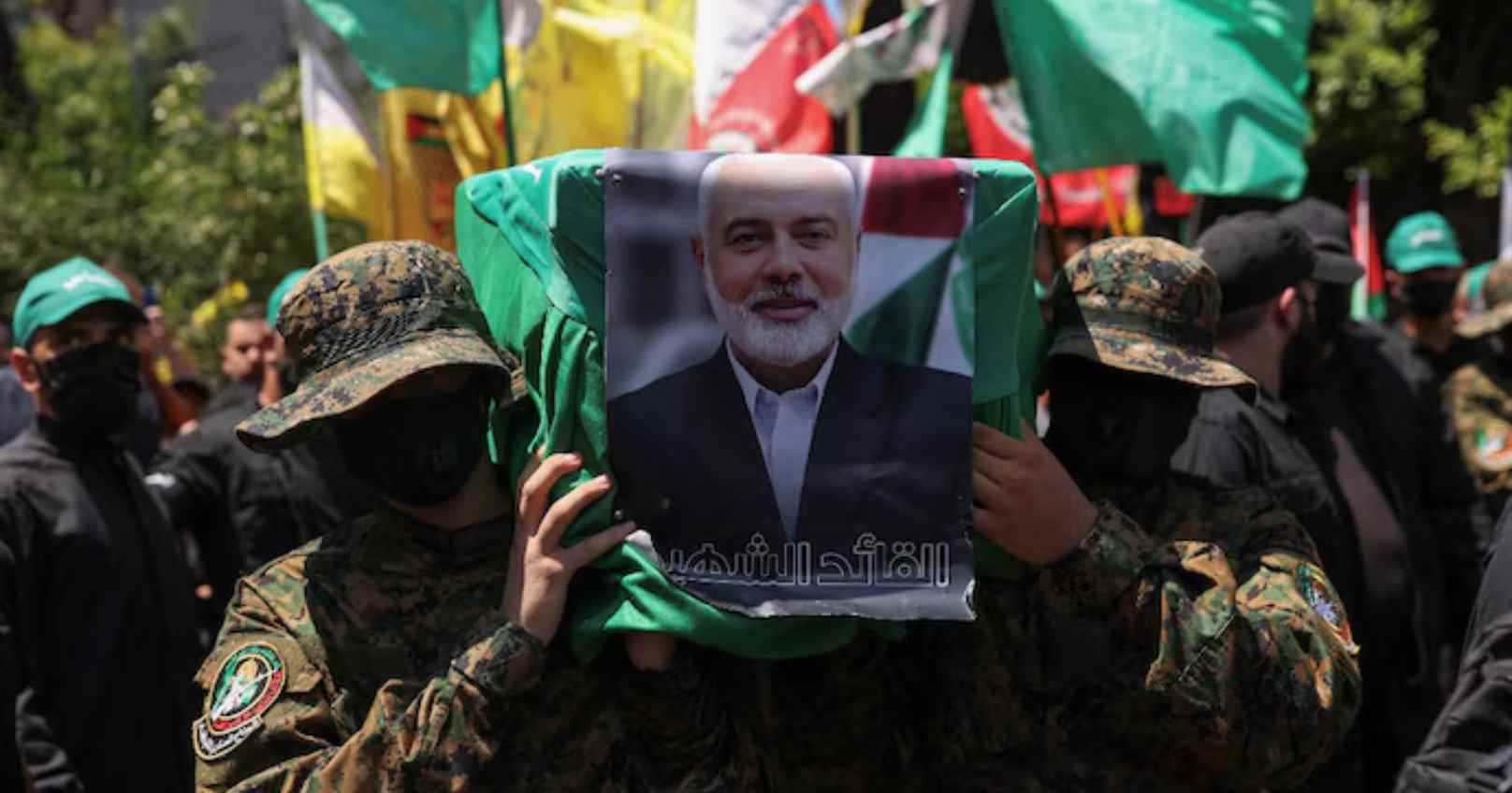Following the assassination of Hamas Political Bureau Chief Ismail Haniyeh in an Israeli strike in Iran, tensions are escalating between Israel and Iran. Iran's Revolutionary Guards have vowed severe revenge for Haniyeh's death, blaming Israel and the US for the attack. This development has raised concerns about a potential full-scale war in the region.
The possibility of an Israel-Lebanon conflict is also growing after the killing of Hezbollah military commander Fuad Shukr by Israel. The situation worsened after 12 children and teenagers were reportedly killed in a Hezbollah rocket attack on a football field in the Israeli-occupied Golan Heights.
Several countries, including India, the US, the UK, France, and Poland, have issued warnings to their citizens in Israel and the Middle East due to these rising tensions. Israel and its allies have started bolstering their military presence in the area.
Recent Developments:
Iran's Revolutionary Guards have promised severe retaliation for Haniyeh's killing, stating that the response will be appropriate in time, place, and manner. They detailed that Haniyeh was killed by a "short-range projectile" fired from outside his residence, accusing Israel and the US of orchestrating the attack.
Tehran expects Hezbollah to launch deeper strikes into Israel, not limiting their response to military targets. Iran’s mission to the United Nations indicated that Hezbollah’s response would now involve more extensive and varied targets following Shukr’s killing.
The US has announced plans to send additional warships and fighter jets to the Middle East, maintaining an aircraft carrier in the region to protect Israel and US troops from potential Iranian attacks.
"Austin has ordered adjustments to U.S. military posture designed to improve US force protection, to increase support for the defense of Israel, and to ensure the United States is prepared to respond to various contingencies," the Pentagon stated.
Israel has increased its military actions in Lebanon. Reports indicate that a Hezbollah member was killed in an Israeli drone strike in southern Lebanon, and Israel also targeted a convoy of trucks entering Lebanon from Syria.
US President Joe Biden has urged Israeli Prime Minister Benjamin Netanyahu to consider a ceasefire with Hamas, emphasizing that Haniyeh’s assassination has complicated efforts to end the conflict. Despite this, Netanyahu continues to focus on eliminating Hamas, with the Israeli army intensifying its operations in Gaza and the West Bank. An airstrike on a school in Gaza City killed at least 15 Palestinians, and two strikes in the West Bank resulted in nine deaths, including a Hamas commander.
Ceasefire negotiations are ongoing in Egypt, with an Israeli delegation led by Mossad chief David Barnea in Cairo to discuss humanitarian corridors and the Rafah crossing point.
The US and the UK have advised their citizens to leave Lebanon, and Sweden has closed its embassy in Beirut, urging its nationals to leave the country.
The death toll in Gaza is nearing 40,000, with at least 39,550 Palestinians killed since Hamas' attack on Israel on October 7, triggering the latest conflict.







